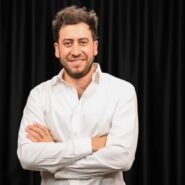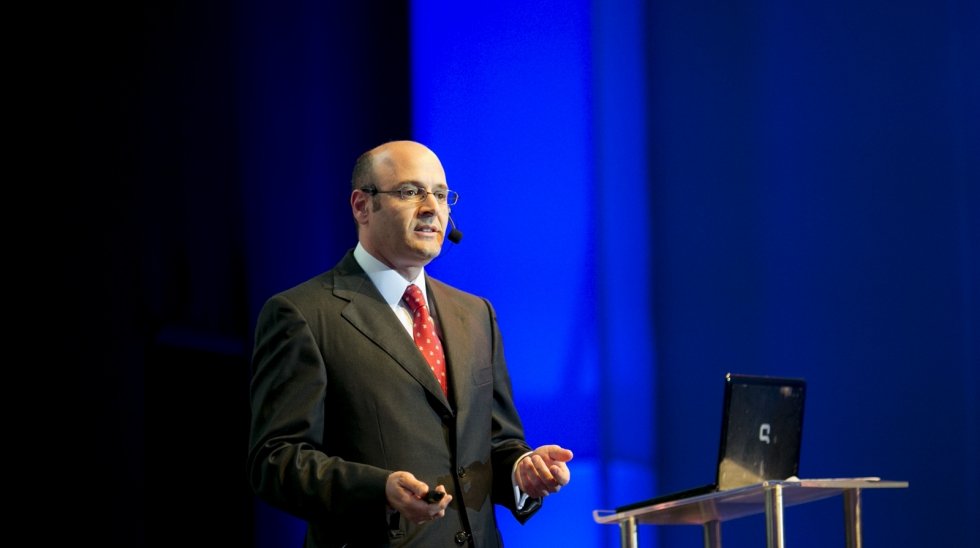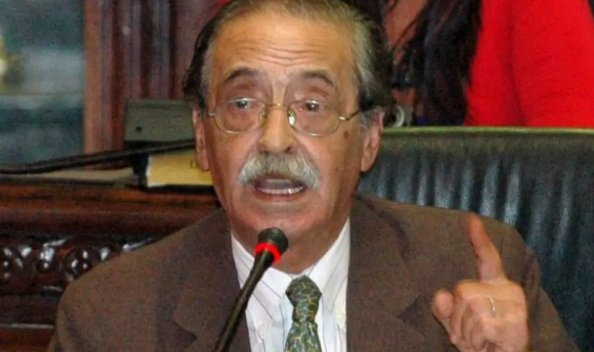Claudio Bonadio, born on February 1, 1956, was the Argentine judge who brought several judicial cases forward and filed multiple accusations against former president Cristina Kirchner. He died on February 4, 2020, after his health deteriorated due to a brain tumor.
Bonadio graduated from the University of Buenos Aires with a law degree. Before his participation in the Senate and the Federal Chamber, he was politically active alongside Carlos Menem, a fellow lawyer and former president, who brought him into the General Secretariat of the Presidency. This was prior to Bonadio’s appointment as a federal judge in Morón, a decision that generated significant repercussions.
The role of a federal judge is linked to constitutional treaties and national laws, while national judges focus on judicial matters in the Autonomous City of Buenos Aires (CABA). Bonadio’s close exposure to political dynamics made him heavily involved in anti-corruption cases, particularly those pointing toward the Kirchner government.
Bonadio’s Political Life
The figure who catalyzed Bonadio’s political rise was Carlos Corach, a government official under Menem who integrated Bonadio into the General Secretariat, first as deputy undersecretary. As Corach advanced, Bonadio followed suit, eventually becoming Secretary of Legal Affairs, a position more closely related to his academic background.
A year after his appointment as secretary (in 1993), President Menem named Bonadio federal judge in Morón, a district west of Buenos Aires. At that time, the Council of the Magistracy, a key judicial body, did not yet exist. Therefore, Menem issued a decree appointing Bonadio directly, although the appointment was never formally ratified.
This led to Bonadio being selected to lead the National Criminal and Correctional Court, a position he held for over 25 years, during which he gained considerable judicial experience.
Polarization
Bonadio’s death, which occurred just before the COVID-19 pandemic triggered a global health crisis, sparked polarized reactions within the political sphere. The ruling party, aligned with the Kirchners, expressed disapproval toward the federal judge, who had consistently targeted Cristina Fernández. On the other side, «Juntos por el Cambio,» the former party of Mauricio Macri, lamented the loss and emphasized the importance of continuing the judicial processes Bonadio had initiated.
His passing was not a neutral event. It intensified the already deep division between the two dominant political factions in Argentina. Cristina Kirchner had referred to him as a “gunslinger” and repeatedly sought to counter the judge’s sustained legal pressure.
Final Years
Bonadio’s final years were marked by a surgical intervention and a leave of absence from his judicial duties. The surgery was directly related to the brain tumor that ultimately led to his death. A month before he passed away, the government was already discussing the possibility of negotiating his resignation from the Council of the Magistracy due to erratic performance.
He was on extended leave, planning to prolong his break until February, but his condition worsened. With a background rooted in both politics and law, Claudio Bonadio remained a controversial figure, especially for his relentless focus on Cristina Kirchner. His dedication to these cases raised questions about the motivations behind his actions.
Bonadio vs Kirchner
“Mafioso” was one of the words Cristina Fernández used to describe Bonadio. The federal judge advanced five legal cases against the former president, carried out multiple inquiries, and was involved in an ongoing exchange of accusations, all without a conciliatory outcome. “Political persecution” became one of Kirchner’s most repeated terms, especially after Bonadio extended his accusations to her children.
Bonadio issued seven indictments and requests for preventive detention, though none succeeded due to the legal immunity conferred by her political status. These legal protections, known as parliamentary immunity, stem from the Law of Immunities, which had been enacted years earlier.
These regulations prevented Bonadio from achieving his goal of imprisoning Cristina Kirchner. Nonetheless, he managed to provoke significant discomfort, to the point that the former president, during a national broadcast, called him a “gunslinger” and accused him of politically persecuting her family.
His early life was shaped by the influence of Carlos Menem, who introduced him to politics and facilitated his entry into the Federal Chamber. From there, Bonadio built a lengthy judicial career, culminating in his leadership of the National Criminal and Correctional Court.







